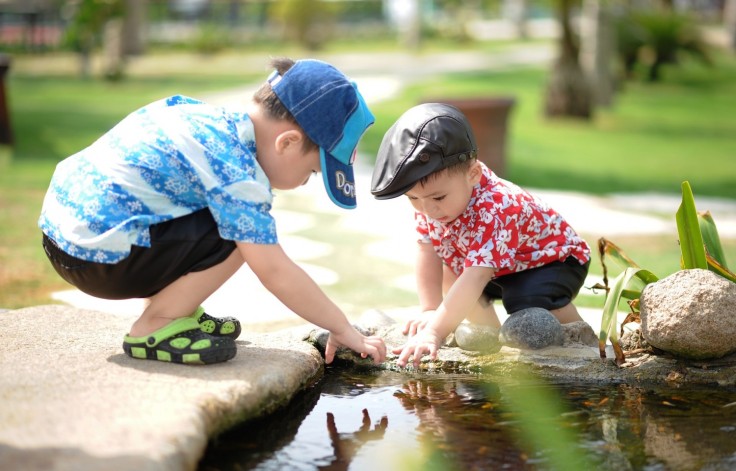
Having your child go to another house for a playdate might appear as a welcome break but might make parents nervous or fall somewhere in between. According to Very Well Family, it would never harm your child to at least communicate and set expectations and boundaries, regardless of the emotions involved.
Becky Kennedy, Ph.D., a clinical psychologist and author of the upcoming book "Good Inside: A Guide to Becoming the Parent You Want to Be," suggests asking yourself, what is your number one job as a parent? Noting that the number one job of parents is keeping their children safe at all times, as safety is the foundation for everything else.
Dr. Kennedy suggests allowing safety to guide one's feelings above all and considering almost everything that will make your child safe. She also suggests asking everything you know about the family you're visiting and their home, as it can help ease uneasiness. Also, it's imperative to lean on communication and trust, as parents want to teach these to their children, especially when they get separated from them. Moreover, she points out that parents should allow their children to learn how to navigate the world and handle different situations while making them safe simultaneously.
Why do boundaries matter now more than ever?
Boundaries may vary from family to family, considering everyone has their own parenting style. However, it's important for co-mingling families to seek a middle ground and respect each other's boundaries, as what works for one family might not be suitable or a great fit for another. Ultimately, playdate boundaries are beneficial for the kids involved. Thus, consistency is the main key, especially when setting expectations.
Dr. Becky explains that children thrive amid a foundation of consistency and is not all about being strict but rather communicating uniform expectations, as consistency is not precisely about what parents do but the process that drives one's decisions. Boundaries are essential to maintaining balance within oneself and other families or society. Boundaries keep personal limits and establish a sense of protection for things, including safety.
For instance, ask another household if there are firearms in the house and how they are stored. Every parent has the right to put the child's safety ahead of the playdate; as Fatherly says, too many kids have already lost their lives to firearms in family homes and at the innocent hands of another child. It is simply not worth the risk.
Setting playdate boundaries and rules
Rachel Katz, who teaches both social and emotional learning skills to parents and children and is also the co-author of the book "The Emotionally Intelligent Child: Effective Strategies for Parenting Self-Aware, Cooperative & Well-Balanced Kids" suggests inquiring about other family's households, values, and boundaries before actually diving into your own boundaries and rules.
Helen Shwe Hadani, Ph.D., a fellow at the Brookings Institution, where she researches the benefits of playful learning, and co-author of the book "The Emotionally Intelligent Child: Effective Strategies for Parenting Self-Aware, Cooperative & Well-Balanced Kids" told the outlet to show comparison and respect the differences between families emphasizing that it's also a great opportunity for parents to share their boundaries too.
Introvert Dear adds that playdates are all about learning to socialize within one's comfort level. As playdates will make you adapt things that might not be familiar to you, hence, by employing certain strategies, parents and children can eventually learn to socialize while having their own boundaries and rules at the same time.
Related Article : How Wooden Fruit and Vegetable Cutting Set with Magnets Can be Choking Hazard for Toddlers?